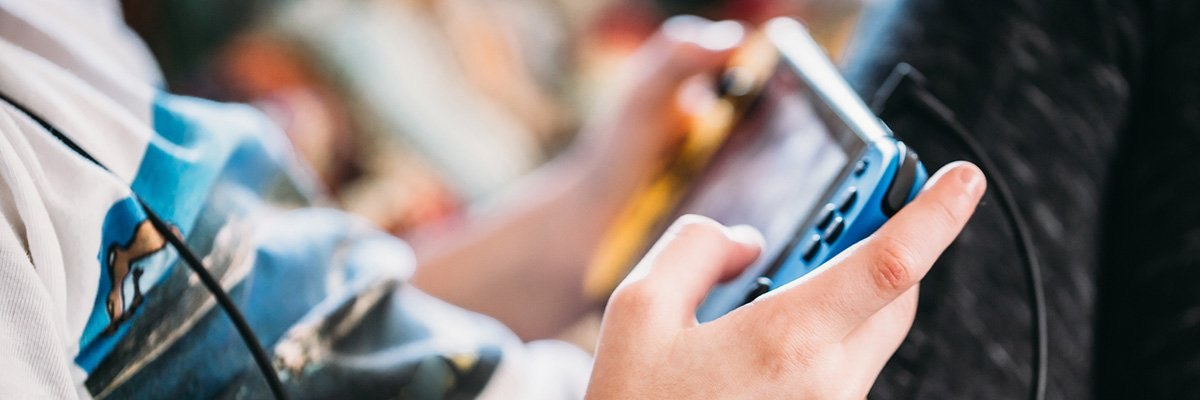
Global: How many consumers trust video game brands with their personal data?
Just three in ten global consumers say they trust video game companies with their personal data, according to a recent international survey conducted by YouGov.
While 28% indicated they trust video companies somewhat or a lot, half say they somewhat distrust them or don’t trust them at all (50%).
Looking at regions, consumers in the United Arab Emirates (44%), Indonesia (43%), and India (43%), are most likely to trust a lot or somewhat trust video game companies with their personal data.
Both the United States and United Kingdom appear nearly at the bottom of our list of 18 markets, with 20% and 29% of adults indicating trust in video games with their personal data, respectively. Consumers in Germany are least likely to hold trust (16%).
Along gender lines, we see men are more likely than women to trust video game platforms with their personal data (33% of men vs. 23% of women), which could simply be because video game players and fans are more likely to be men.
Again, perhaps a function of video games’ user demographic, YouGov data shows the younger the respondent, the higher the chance they trust video game companies with their data. Those 18-24 are most likely to say as much (43%), followed by those 25-34 (40%), then 35- to 44-year-olds (34%), those 45-54 (25%), and finally those 55 and older (12%).
Receive monthly topical insights about the gaming and esports industry, straight to your inbox. Sign up today.
Discover more gaming and esports content here
Want to run your own research? Start building a survey now
Methodology: The data is based on the interviews of adults aged 18 and over in 18 markets with sample sizes varying between 528 and 1,554 each market. All interviews were conducted online in March 2022. Data from each market uses a nationally representative sample apart from Mexico and India, which use urban representative samples, and Indonesia and Hong Kong, which use online representative samples.
































